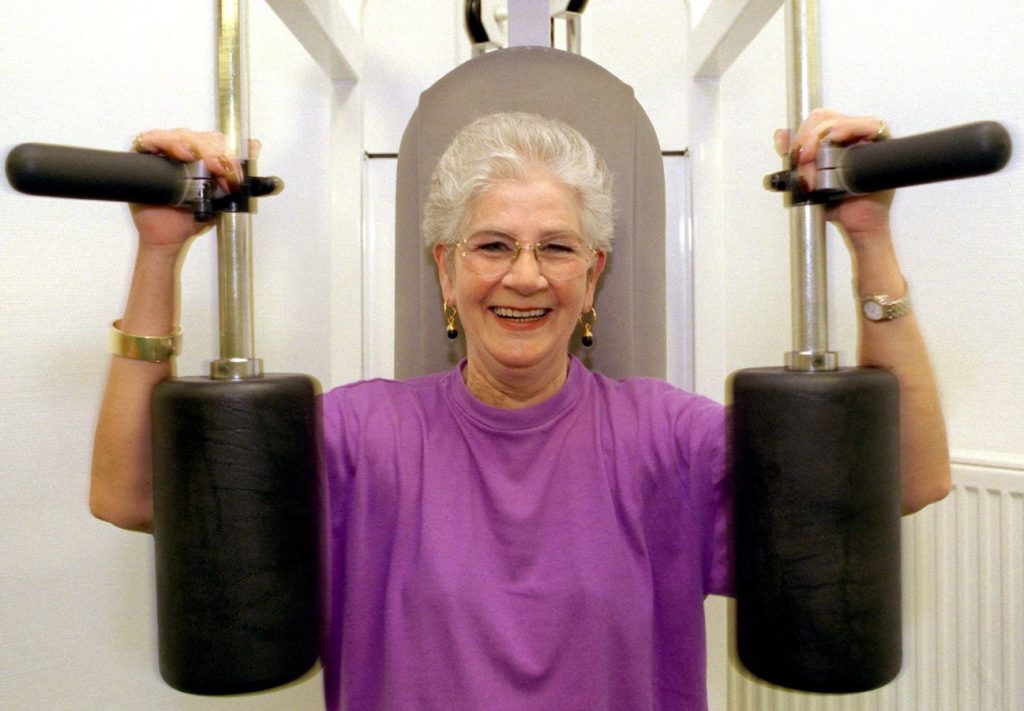As many of us find ourselves caring for aging parents and loved ones who can no longer be independent, we witness their decline and struggle with chronic illnesses, doctor visits, and loss of abilities. However, science tells us that genetics only account for about 30% of how we age, leaving room for prevention and delaying age-related declines. While many Americans do not prioritize exercise and continue to consume unhealthy diets, these habits play a significant role in our overall health as we age.
Doctors often refer to the standard American diet as directly related to age-related declines in health, including dementia. By making lifestyle changes and focusing on prevention, individuals can increase their odds of avoiding deteriorating health as they age. Making a commitment to taking action now can significantly impact one’s quality of life as they reach the average life expectancy and beyond.
Observing exemplary elderly individuals who have taken care of themselves and had fewer medical problems in their later years can serve as a model for healthy aging. While some exceptions exist, many individuals in their seventies suffer from poor physical health due to neglecting crucial aspects of self-care in prior decades. By prioritizing essentials such as sufficient sleep, regular exercise, social connections, mental wellness, and a balanced diet, individuals can reduce the likelihood of developing numerous health issues.
Despite the importance of preventive health measures, many individuals shy away from the necessary work it entails. Healthcare providers advocate for patients to take control of their health and commit to disease prevention, even if it requires making lifestyle changes. By engaging in recommended activities such as brisk walking and eliminating processed junk foods, individuals can positively impact their overall health and well-being as they age.
For the majority of the population, the later years of life are often marred by health struggles, leading to multiple diagnoses, loss of mobility, and difficulty with basic self-care. However, individuals can choose to take a different path by prioritizing disease prevention and taking the necessary steps to maintain their independence and quality of life as they age. By making better choices and committing to a healthier lifestyle starting now, individuals can age differently from those who did not prioritize prevention, ultimately enhancing their overall well-being in their later years.


